Community gets first look at resort tax proposal
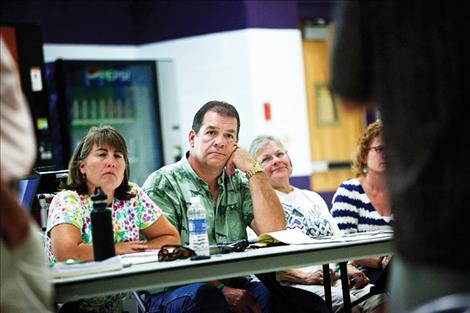
Nicole Tavenner
Members of the Polson Economic Development Council listen to public comment during a meeting on a proposed resort tax last week.
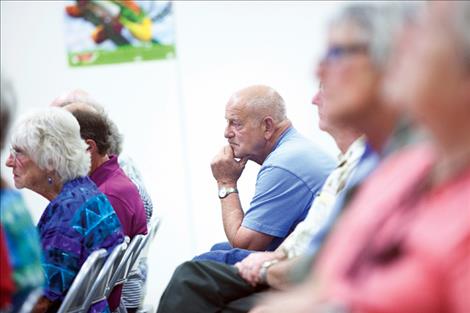
Nicole Tavenner
Community members listen intently to discussion of a proposed resort tax that would help fund road maintenance in Polson.
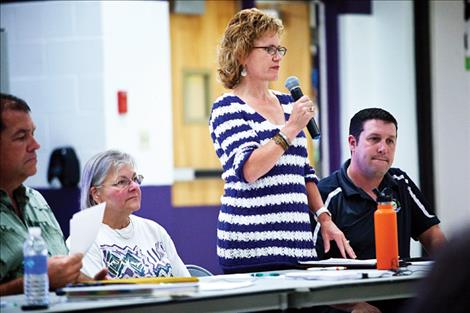
Nicole Tavenner
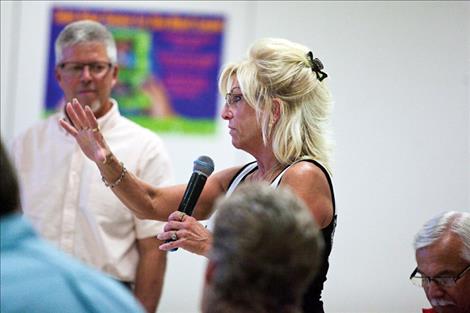
Nicole Tavenner
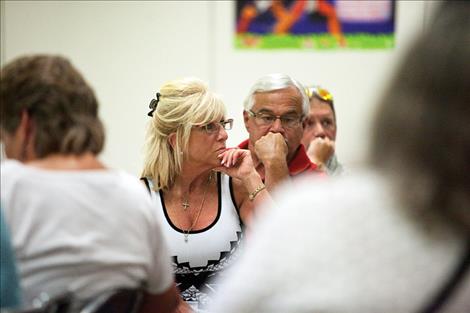
Nicole Tavenner
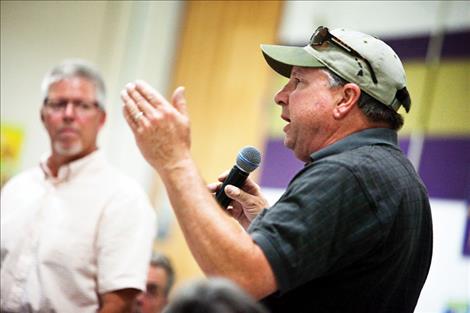
Nicole Tavenner

Nicole Tavenner
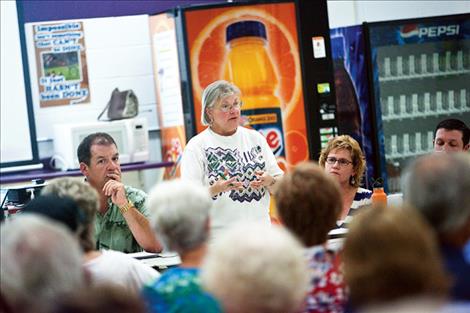
Nicole Tavenner
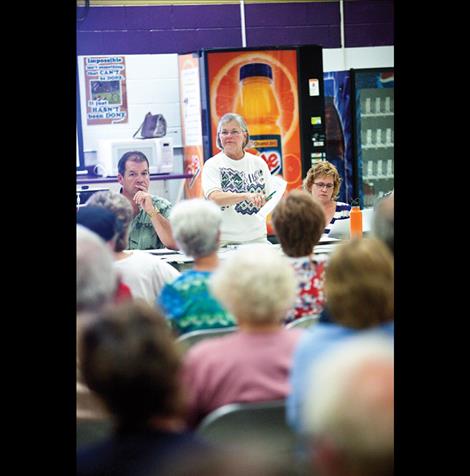
Nicole Tavenner
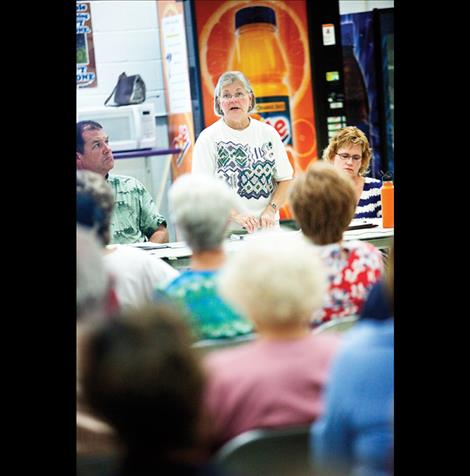
Nicole Tavenner
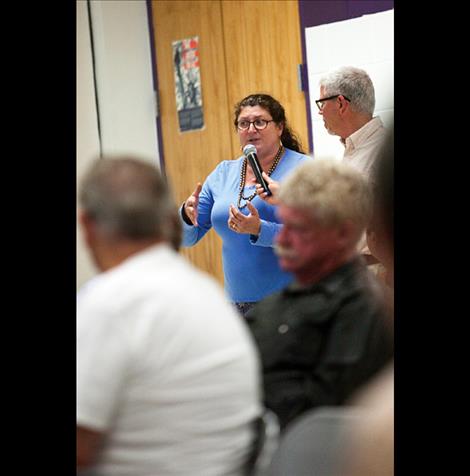
Nicole Tavenner

Nicole Tavenner
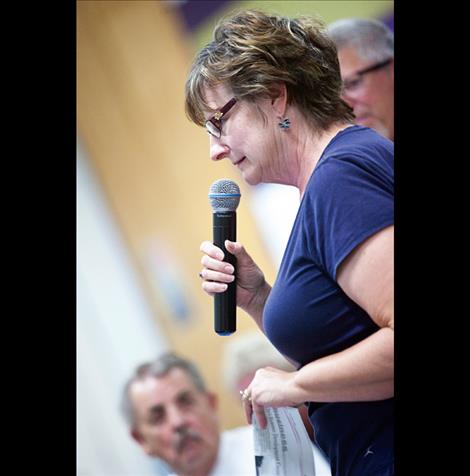
Nicole Tavenner
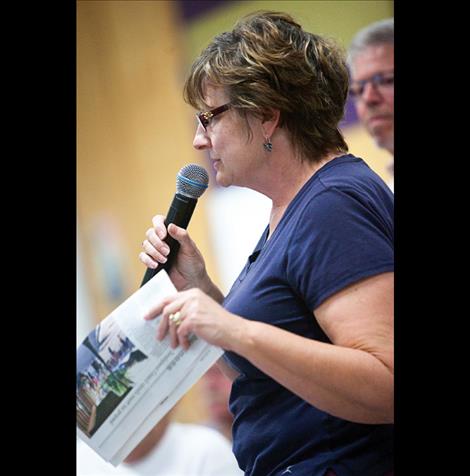
Nicole Tavenner
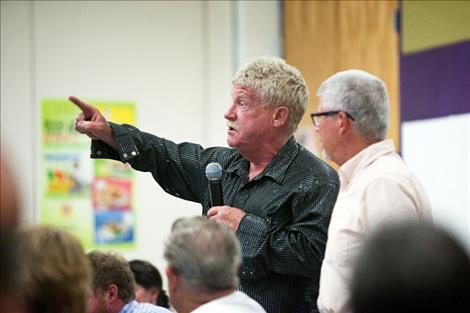
Nicole Tavenner
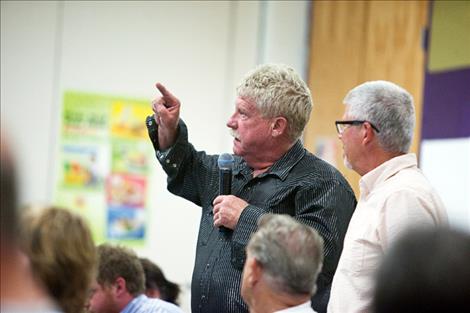
Nicole Tavenner
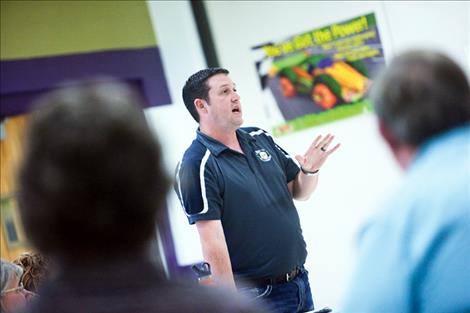
Nicole Tavenner
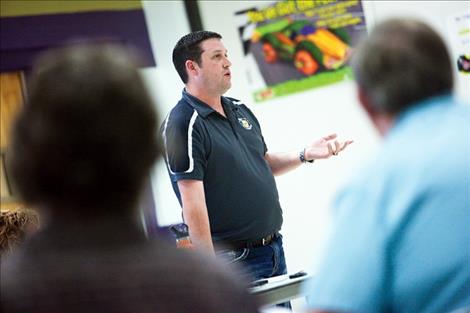
Nicole Tavenner

Nicole Tavenner
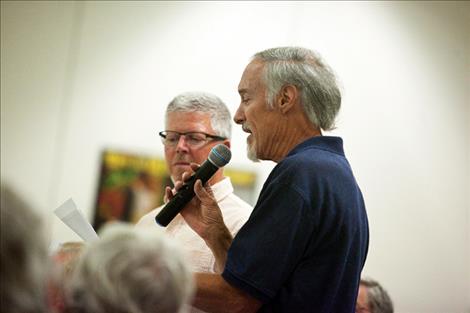
Nicole Tavenner
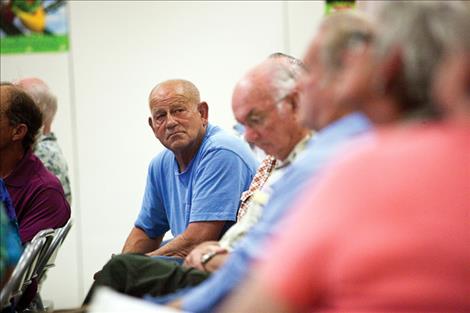
Nicole Tavenner
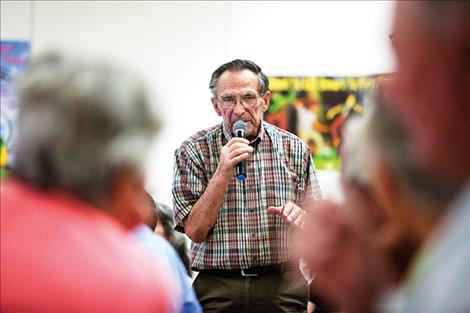
Nicole Tavenner
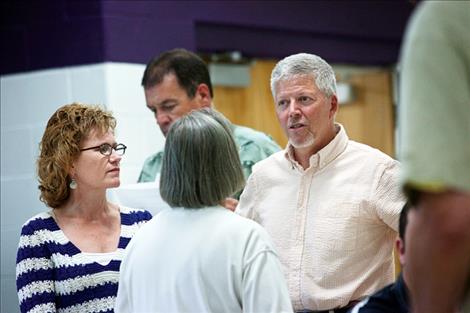
Nicole Tavenner
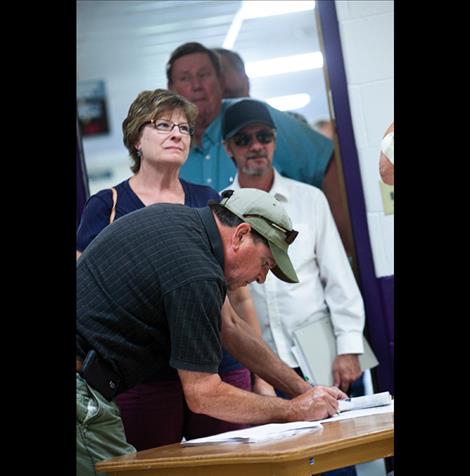
Nicole Tavenner
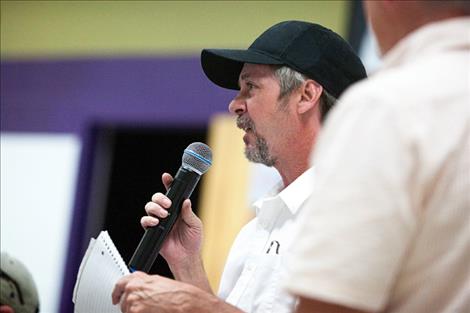
Nicole Tavenner
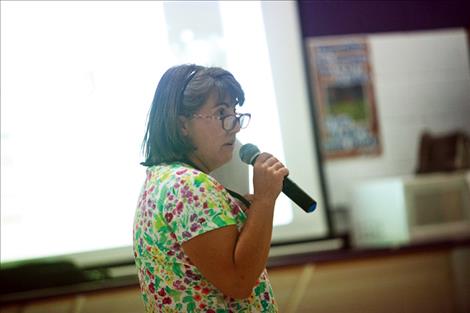
Nicole Tavenner
Issue Date: 8/26/2015
Last Updated: 8/27/2015 7:23:44 PM |
By
Berl Tiskus
Keep Reading!
You’ve reached the limit of 3 free articles - but don’t let that stop you.















